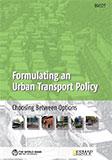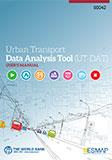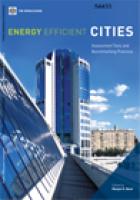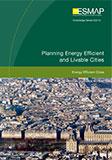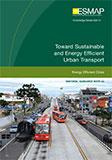Publications
Edited by Ranjan K. Bose
ISBN 978-0-8213-8104-5
Urban areas account for two-thirds of global energy requirements while housing approximately half of the world’s population. With current projections indicating that 70 percent of the world’s population will live in cities by 2050, an increase in urban energy use is inevitable. In the face of this growing energy demand, developing climate-friendly urban energy solutions, while protecting the urban development that is crucial to socioeconomic progress in developing countries, is imperative.
In an effort to catalyze solutions that would delink high levels of carbon-intensive energy use from urban growth, the Energy Sector Management Assistance Program (ESMAP) of the World Bank launched the Energy Efficient Cities Initiative in October 2008. Energy Efficient Cities: Assessment Tools and Benchmarking Practices is a product of that initiative.
The analytical tools and policy insights offered in this volume extend from integrated assessments of new cities to the impacts of socioeconomic, climate, and demographic changes on existing cities. In addition, the documentation and benchmarking of a variety of low-carbon and carbon-neutral good practices provide a range of practical insights on plausible energy efficient interventions in urban sectors. This book will be of particular interest to policy makers, development practitioners, and decision makers in the private sector, as well as researchers within nongovernmental organizations and the academic community.
Analytical Tools for Municipal Energy Efficiency Planning
